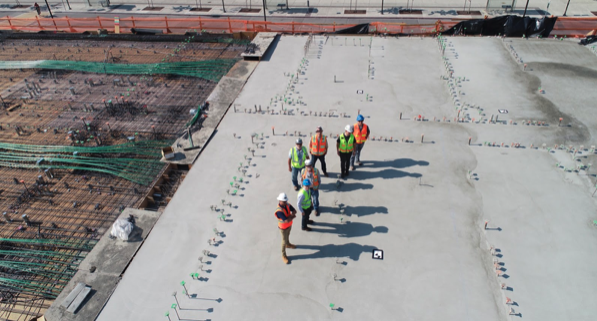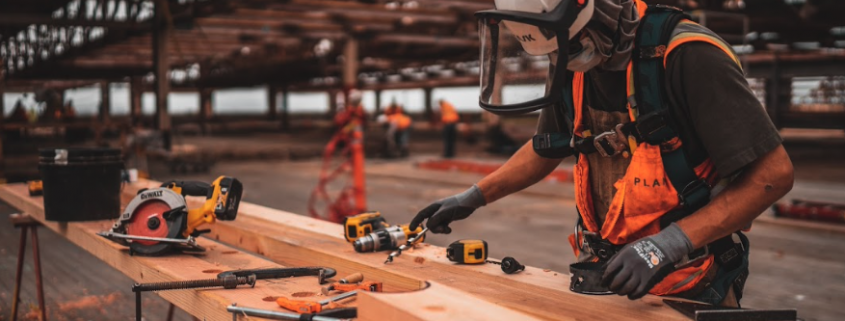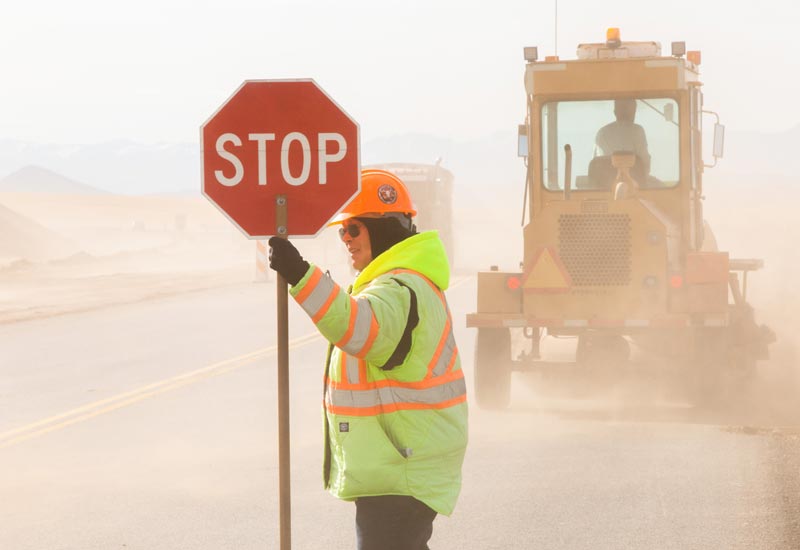Here at FBR, we have many pieces of advice for first time construction workers that we want to share. The construction industry is one of the oldest industries around. Since the beginning of time, there has always been a need for construction workers. While the construction landscape may look different it is still vital and important as ever to our society.
For first time construction workers it can be daunting to begin working in this ever changing industry. Here at FBR, we have some important advice to pass on to those who are just starting out in their construction careers.
Say yes to every opportunity given
It is important to learn as much as possible in your first role. This is why any opportunity you are given in your first construction job role is key. Say yes and enjoy the new opportunities and experiences you are given
Qualifications and training days
When working in any industry it is important to always consider your own personal qualifications and certifications. Asking for training opportunities and qualifications not only helps put you on the right track for your desired career, but it also shows your willingness to learn new skills. This is great for employers as they want their employees to be eager to learn and use those skills to their advantage within the business. Qualifications and training opportunities benefit you as well as your employer.
Find a mentor
Working in construction is hard work. That is why finding a mentor you can learn from is beneficial. When you find someone you connect with you can learn from their own skills and experiences as well as ask them any questions you may have. A mentor will be invaluable as you grow within your construction role.
Do your research
There are many roles within the construction industry. It is important to understand which roles are available to you and where you would like to be working within the next five years. Having an understanding of the industry and what roles you can do as well as where you want your career to go will help you in the long run. Do your research and know what roles and responsibilities are required for each position you are interested in.
Stay hydrated
This may seem like a no-brainer, but it is so important to remember that construction work is physically demanding. That means you need to make sure you look after your body and stay hydrated and make sure you eat! Construction sites will have facilities available to you but being prepared is always the best option.
Safety is key
Construction sites are busy places. Whether you are working on a residential project or other types of construction work, there will always be machinery and equipment around. Accidents can happen which is why you need to make sure to wear all necessary PPE and follow the site safety rules set out at the beginning of the project.
If you have any concerns regarding site safety, report these to the site supervisor or manager to have them resolved.
Ultimately the construction industry is a fast paced environment with masses of opportunities to grow and learn. Hard work is always rewarded, as well as following best practices and safety procedures.
Are you looking for a career in construction? Here at FBR, our recruitment agents have a wide range of experience recruiting for construction roles. Contact our team today to see what opportunities we have available for you or view our jobs board.

















